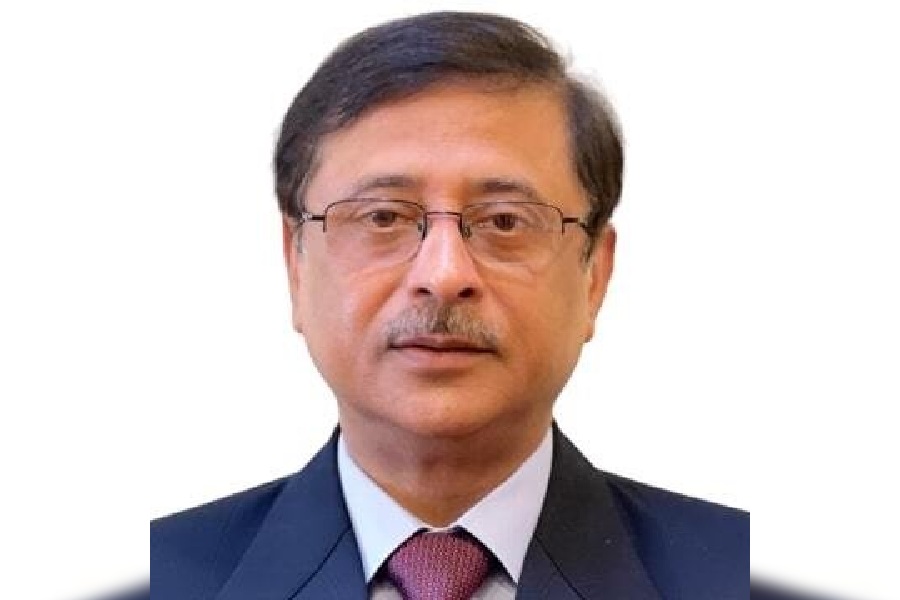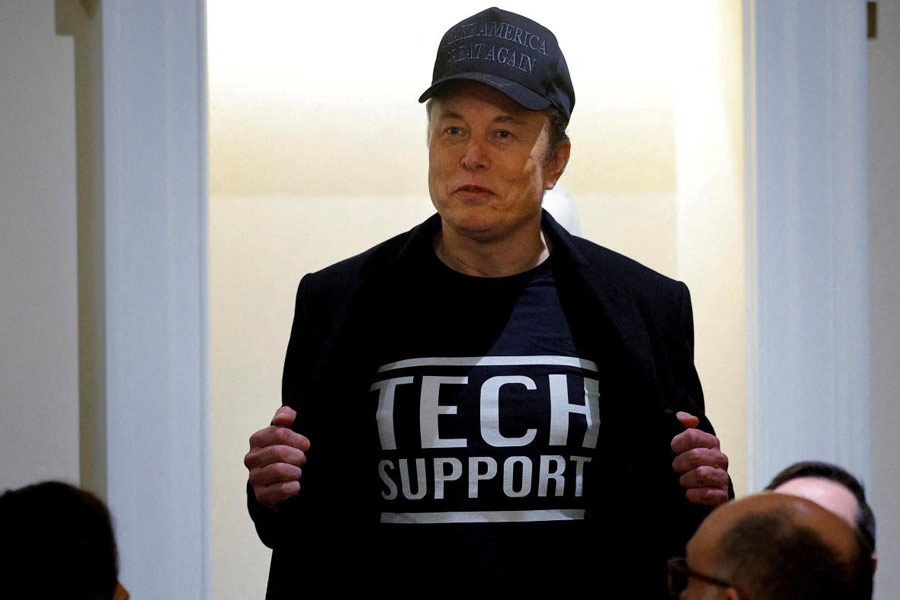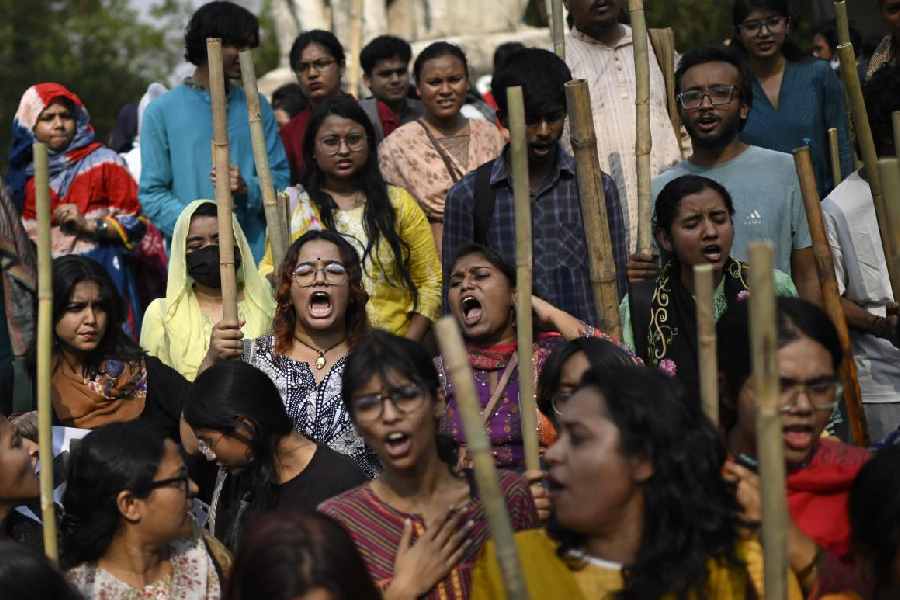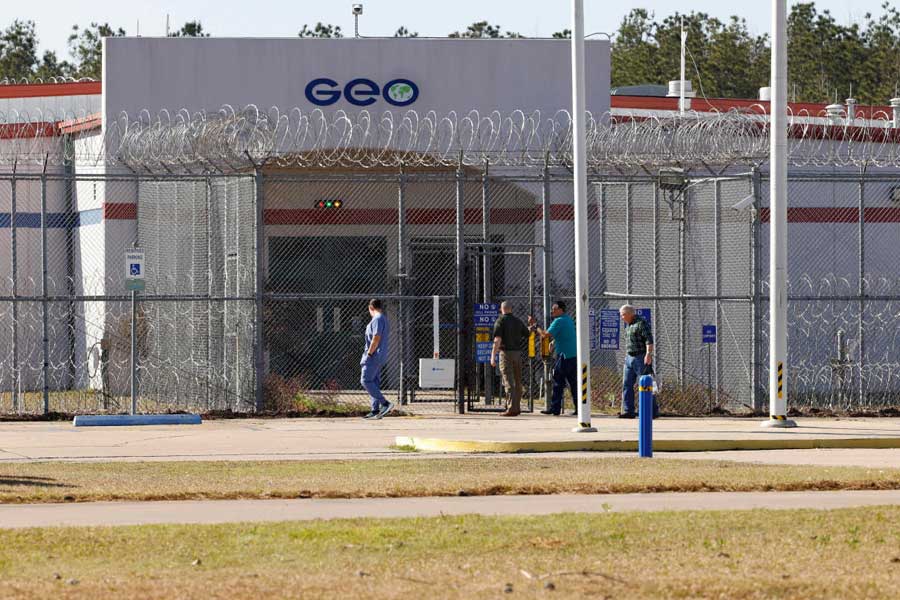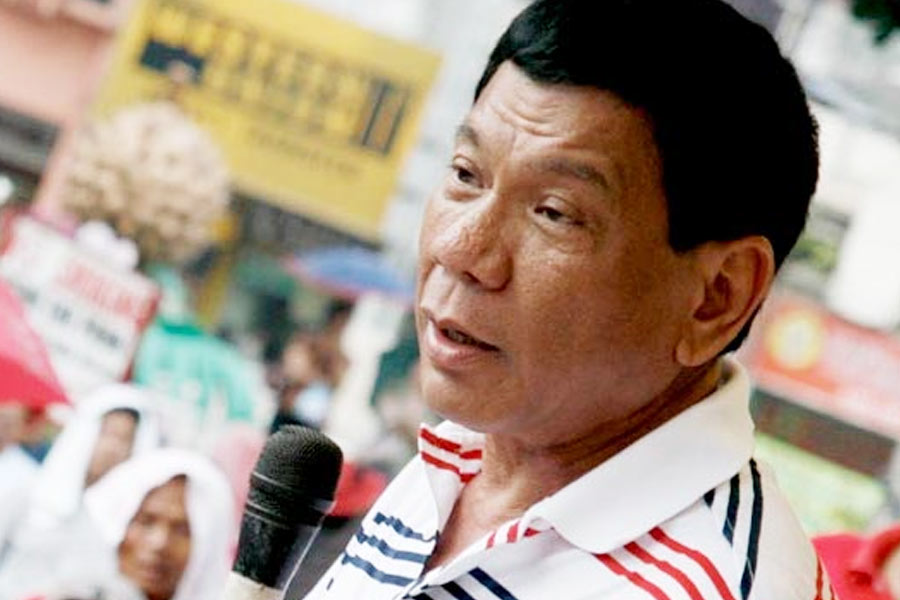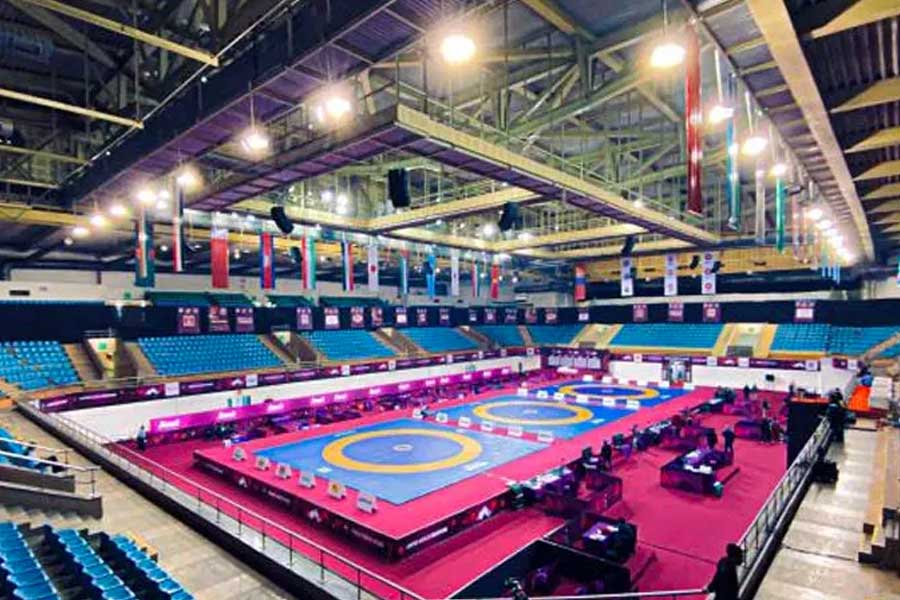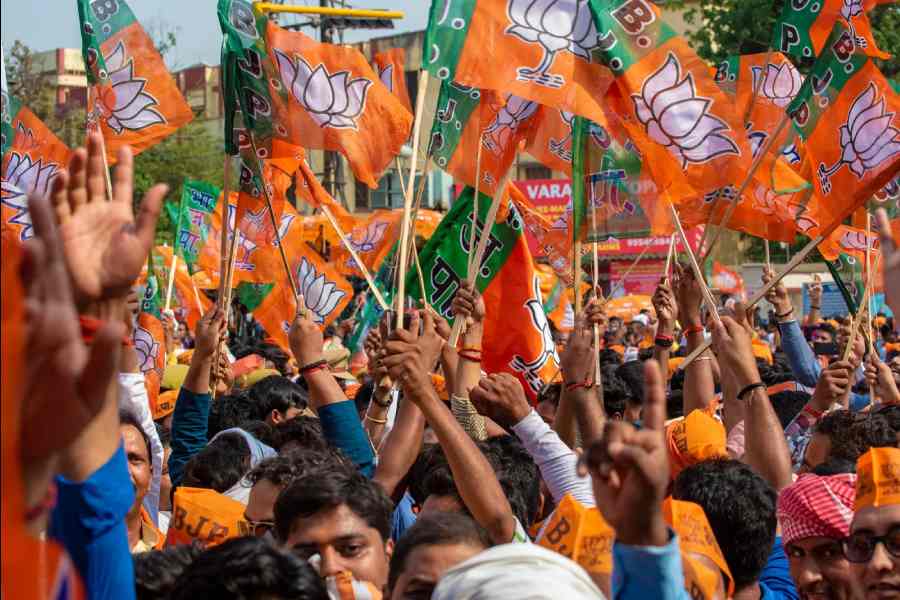The US provided "legally presentable" inputs to India on the alleged attempt to murder Sikhs for Justice head Gurpatwant Singh Pannun unlike Canada which only alleged an Indian government hand in the killing of Khalistani separatist Hardeep Singh Nijjar, India’s high commissioner in Ottawa Sanjay Verma has said by way of explaining the difference in New Delhi’s response to the two cases.
In an interview with Canadian network CTVNews, Verma said despite a series of conversations over the last couple of months, Canada has not provided specific evidence for India. "Conversations took place. But we needed something specific and relevant to go back to our legal authorities to seek permission to do an investigation that we would have wanted to do. So until the time that those kinds of inputs are not there, in a country of rule of law, it will not be possible for us to move forward on the investigations.’’
Contrasting this with the inputs provided by the US as reported by the Financial Times last week, the high commissioner said: "If you look at the most recent incident to where there are some allegations put out in one of the newspapers against India, the US did provide us inputs. And we have already started following up on that.’’
Verma continued: "Those inputs are a nexus between gangsters, drug peddlers, terrorists, and gun runners in the US, and there is a belief that some of the Indian connections — now when I say Indian connections, I don't mean the government of India connections — they are ready to investigate. Because we have got inputs, which are legally presentable.’’
The FT report had said: "US authorities thwarted a conspiracy to assassinate a Sikh separatist (Pannun) on American soil and issued a warning to India’s government over concerns it was involved in the plot.’’
The US has not contested the report.
Unlike in the case of Canada where India responded sharply to Canadian Prime Minister Justin Trudeau’s allegation of an Indian government role in the murder of Nijjar on Canadian soil in June, New Delhi last week did not deny the FT report and said — without referring to the story — that the inputs provided by the US are being examined by the relevant departments.
Verma said additional security had been provided to the Indian diplomatic missions in Canada which, in turn, allowed India to resume e-visa services last week. Conceding that bilateral relations had improved in the past few weeks after the strain following Trudeau’s disclosure, he maintained that the core concerns of some Canadian citizens using Canadian soil to launch attacks on the sovereignty and territorial integrity of India remain.
As for India allowing the return of the Canadian diplomats who were asked to leave on the premise of maintaining parity in strength and rank, Verma remained non-committal and justified it, arguing that the Vienna Convention of Diplomatic Relations allows the receiving state to decide the size of a mission in the absence of a specific bilateral agreement.
"At the moment, there is no specific agreement between India and Canada. Some countries have. So we will look at more dialogue and see how we can facilitate better diplomatic presence of Canada in India and better Indian diplomatic presence in Canada…. We have about 13 Indian diplomats in Canada, altogether… We have two non-resident diplomats who live in Washington…. So even if I take at the maximum level, we have 15 of us, Canada has 60-plus. Therefore, there has to be some kind of semblance.’’

